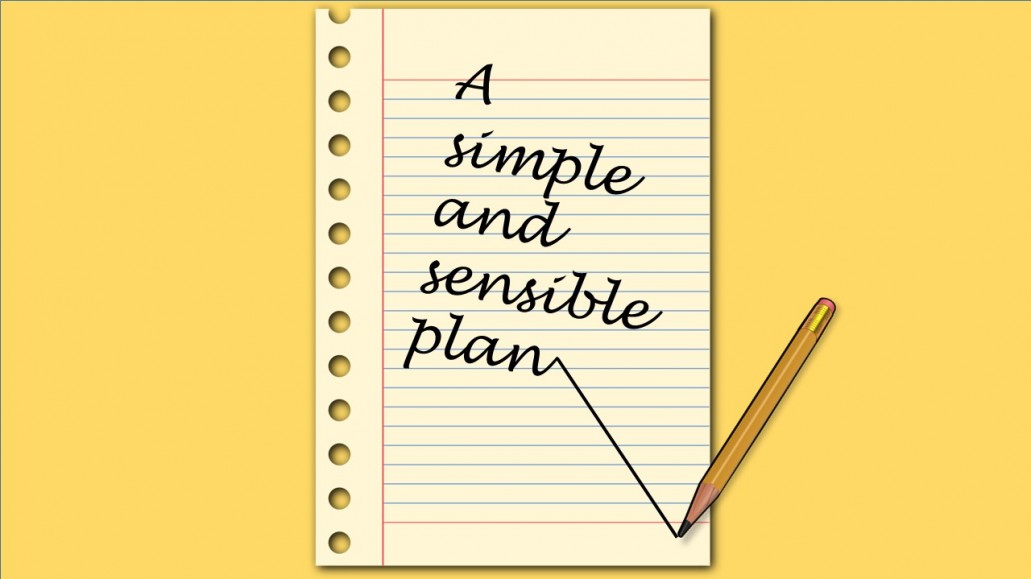Last week Ockham Healthcare hosted an event in central London looking at the rise and fall of the GP partnership model with the aim of encouraging GPs and trainee GPs to consider becoming partners (more information here and a video of the event is available here). One of the attendees was salaried GP Camille Gajria from London who, in a guest blog for us this week, summarises the event and outlines the messages she will be taking away.
On the eve of the NHS’ 70th year, Ockham Healthcare held a live panel event for GPs considering partnership.
GPs chose to be independent contractors when the NHS started. This has often enabled innovation and healthcare tailored to the local population. Although there have been trends towards and away from partnership over the years, currently unprecedented numbers of practices are becoming unviable and closing. So why would anyone want to be a partner now?
Dr Mayur Vibhuti, a GP partner and GP trainer opened by explaining that his role allows him to make tangible improvements to the health of his community. It was interesting to hear how a 7000-patient practice is thriving given the political thrust to work at scale.
Robert McCartney, who runs a primary care mergers consultancy, described practices as community hubs which will always be needed, particularly for people with long-term conditions.
Ockham Healthcare Director, Ben Gowland laid bare the responsibility, risks, and rewards of running a business, including the fact that if the profession became entirely salaried there would be even less control over various aspects of work. He gave a frank explanation on premises and equity- the market shows that GP property is a valuable commodity due to notional rent not being dependent on outcomes, and should ideally be owned by the business. An Ockham podcast published on 10 July has more detail on this.
When choosing a practice, the panel emphasised the importance of finding one with values appropriate to one’s own, identifying risks the practice may be due to face, their plans for the next 5-10 years, and how well they understand their income and expenditure (e.g. do they know at what list size an extra clinical session becomes viable). One point I had previously not considered when looking for a partnership is to assess the relationship with the locality- if one practice is struggling, there would be effects on the others, such as a sudden, unsustainable increase in list size.
There was discussion about how to gain requisite skills for partnership, and where to source help.
The session was expertly chaired by Nish Manek, the National Medical Director’s Clinical Fellow and Teshseen Khan, a Population Health Fellow at NHS Lambeth CCG. They asked and fielded probing questions, both from live and virtual viewers. It was refreshing to have an open discussion about these topics in relation to the current state of general practice, with a diverse and knowledgeable panel and audience.
GPs as independent contractors have been the foundation of the NHS and led innovation throughout its history. Rather than necessarily having to change models to make partnership more attractive, I left feeling GPs need to be conversant with politics, finance, and management, so that we make informed decisions about our roles and the services we run for patients.





